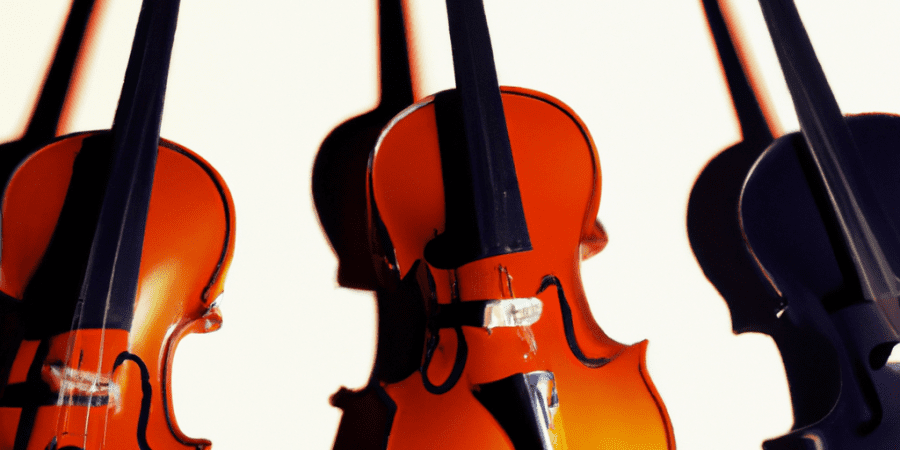Exploring the Crossover: Classical Musicians in Modern Pop and Rock Bands
When you think of classical music, what comes to mind? Perhaps images of symphony orchestras in grand concert halls, or composers like Beethoven and Mozart. And when you think of pop and rock music, you might envision rockstars on stage, electric guitars wailing, and catchy tunes that you can’t help but sing along to.
But what if we told you that the worlds of classical music and modern pop and rock are not as separate as you might think? In fact, there is a growing trend of classical musicians crossing over into the mainstream music scene, bringing their unique skills and talents to pop and rock bands.
The Rise of Classical Musicians in Modern Bands
Over the past few decades, we’ve seen an increasing number of classically trained musicians stepping out of the traditional classical music world and into the realm of pop and rock music. These musicians bring with them a wealth of technical skill, musical knowledge, and a fresh perspective, enriching the sound and creativity of the bands they join.
One of the most well-known examples of this crossover is 2CELLOS, a Croatian cello duo who have gained international fame for their thrilling performances of popular rock and pop songs. Their rendition of AC/DC’s “Thunderstruck” has garnered millions of views on YouTube and showcases their ability to combine classical virtuosity with a modern edge.
The Benefits of Classical Training
So why are classical musicians drawn to the world of pop and rock? One of the reasons is the freedom and creativity it allows. While classical music often adheres to strict rules and traditions, pop and rock music encourage experimentation and innovation. Classical musicians bring a new dimension to these genres, offering unique arrangements, complex harmonies, and a level of technical proficiency that can be awe-inspiring.
Additionally, classical musicians often have a deep understanding of music theory and composition, which adds another layer of depth and sophistication to pop and rock compositions. This knowledge allows them to contribute to songwriting, arrangement, and orchestration, elevating the overall sound of the band.
Examples of Classical Musicians in Modern Bands
Let’s take a look at some other classical musicians who have successfully made the transition into pop and rock bands:
- Nigel Kennedy: This British violinist is known for his interpretations of classical music, but he has also collaborated with artists like Kate Bush and The Who.
- Robert Fripp: As the founder and guitarist of the progressive rock band King Crimson, Fripp combines his classical training with innovative guitar techniques.
- Yo-Yo Ma: While primarily known as a world-renowned cellist, Yo-Yo Ma has occasionally collaborated with pop artists like James Taylor and Alison Krauss.
Breaking Down Barriers
The crossover between classical musicians and modern pop and rock bands is not just limited to individual musicians. In recent years, there have been collaborative projects that bring together classical ensembles and popular bands, creating a fusion that transcends genre boundaries.
For example, the Berlin Philharmonic has collaborated with artists like Sir Simon Rattle and Nigel Kennedy to perform unique interpretations of popular songs. These collaborations serve as a testament to the power of music to break down barriers and create something truly extraordinary.
The Future of Music
As more classical musicians venture into the world of pop and rock, we can expect to see innovative and boundary-pushing collaborations that push the limits of what is possible in music. This crossover not only brings classical music to new audiences but also infuses new life and creativity into the pop and rock genres.
So next time you’re listening to your favorite pop or rock band, take a moment to appreciate the influence behind the scenes. You may just discover a classical musician who’s helping to shape the sound of modern music.
